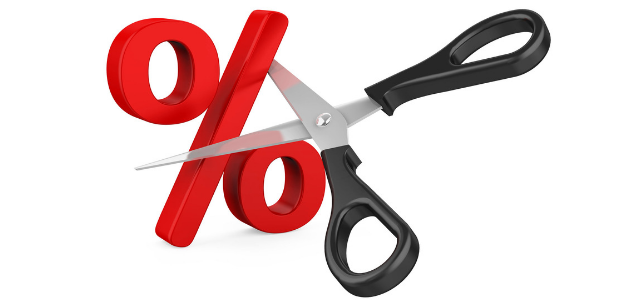COVID-19 has brought unexpected changes for the country, the economy, businesses and the South African consumer. Due to these abnormal circumstances, the Repurchase Rate (mostly known as the Repo Rate) has brought sudden positives to a few consumers. Especially, current homeowners. Since the beginning of the year, the South African Reserve Bank has cut its main lending rate by 275 basis points (21 May’s announcement included). According to experts, these drop levels were last noted before the 1980s. But, what exactly is the so-called Repo Rate? And, what does it mean for the current consumer that has certain credit agreements/obligations while facing financial hardship?
The Monetary Policy Committee’s decisions are helping consumers that have ‘big’ debt obligations to take care of. So, in layman’s terms or in a Repo Rate 101 class: What is the Repo Rate? What do these 2020 cuts mean? And do these drops help some South African consumers that have debt?
Here are basic questions and answers (to mention but a few) to help ‘credit paying’ consumers gain some knowledge about the Repo Rate and the recent cuts involved:
What is the interest or Repo Rate exactly and why is it important for consumers?
- The rate at which the central or the South African Reserve Bank (SARB) lends money to commercial banks at a set interest rate is known as the so-called Repo Rate.
- The Repo Rate or the interest cut is usually used to balance or control inflation.
- Consumers need to be on top of any Repo Rate changes/announcements as this will involve changes in the prime lending rate.
What does inflation mean & what do consumers need to look out for during Repo Rate cuts?
- Inflation is the rate at which pricing, related to a basket of selected/different goods or services, increase (over the years).
- Consumers have to make sure that they do not take on more debt than they can afford during these Repo Rate cuts. This can increase the demand for services or goods and cause prices to increase quickly. Consumers can likely then expect to pay more interest, say after the COVID-19 crisis when/if rates go up again. In short – during interest cuts, consumers are granted more buying power BUT this may lead to more inflation later on. So, consumers must take caution.
What does the: prime lending rate refer to?
The prime lending rate refers to the benchmark interest rate that private banks lend to/charge consumers and clients.
How can the current and latest Repo Rate cuts help South African consumers that have certain debt?
- A cut or drop in the Repo Rate makes it favourable for banks when borrowing money from SARB and can lower the interest charged on consumers’ credit.
- Depending on a fixed or variable rate linked to consumers’ credit agreements (unfortunately, there will be no decreases in monthly repayments for payers with a fixed rate), the following can be taken into consideration when dealing with their personal financial situations:
- Home Loan (/Mortgage): With a variable interest rate homeowners are and will be paying less. It is important for these consumers to add these ‘big’ savings to an Emergency Fund (if they are currently cash strapped) or, make sure they pay off their loan a bit sooner than expected.
- Personal Loan: Personal loans are unsecured debt and expensive. This loan can bring a tiny bit of relief for the consumer.
- Car Loan(/Vehicle Finance): Consumers with a variable interest agreement can and have gained some positive changes to their recent instalment amounts.
- Credit Card: Consumers that have variable interest rates can surely put a small amount of savings (due to their reduced instalments) to good use.
What is a consumer to do if the 2020 Repo Rate cuts have not brought enough or any financial relief when trying to pay off certain debts?
- The Repo Rate cuts (including the latest one) can bring relief to various consumers, but some individuals are way too deep in a debt hole already. Consumers should, therefore, communicate with their creditors to find mutual ground on easing instalment amounts. Or, in some cases speak to financial professionals to assist – a financial planner or banker, for example.
- In stressful and debt-burdened cases, where consumers still receive a stable form of income, Debt Review/Debt Counselling can be an option to consider. This process falls under the National Credit Act (NCA) and is recommended as well as regulated by the National Credit Regulator (NCR).
With the above informative or ‘knowledge Q and A snippets’ South African consumers can better their understanding of the effects of the Repo Rate (in this case a few cuts/drops). And where applicable, proactively manage their finances during these challenging financial times.
